Kenya is making bold moves to transform healthcare across East Africa, and the recent TICAD9 conference provided the perfect platform to showcase these ambitious plans. During the Gavi Special Reception on Africa’s Leadership in Health Advancements, Principal Secretary for Public Health Mary Muthoni delivered a clear message: Kenya is serious about becoming a regional powerhouse in vaccine manufacturing.
A Vision Beyond Borders
What makes Kenya’s approach particularly noteworthy is the scope of their vision. This isn’t just about meeting domestic vaccine needs, though that’s certainly important. Kenya is positioning itself as a regional hub that can strengthen pandemic preparedness and advance equitable healthcare access across East Africa and beyond.
This strategic thinking makes perfect sense when you consider the lessons learned from recent global health crises. Countries that relied heavily on vaccine imports faced significant challenges during the COVID-19 pandemic, with supply chain disruptions and unequal distribution creating major health security gaps.
Building on Strong Foundations
PS Muthoni highlighted three key pillars supporting Kenya’s vaccine manufacturing ambitions: political resolve, community engagement, and innovative partnerships. These elements form a robust foundation that goes beyond simply setting up manufacturing facilities.
Political resolve ensures that vaccine manufacturing remains a priority even as government administrations change. Community engagement builds the trust necessary for successful immunization programs. And innovative partnerships bring together the expertise, funding, and technology needed to make local vaccine production a reality.
The Power of Collaboration
The TICAD9 reception brought together an impressive array of stakeholders, from government officials to development partners and private sector leaders. This gathering underscores an important reality: no single entity can solve Africa’s healthcare challenges alone.
The collaboration between governments, development partners, and private companies creates opportunities for knowledge transfer, technology sharing, and sustainable financing models. These partnerships are essential for building the technical capacity and regulatory frameworks needed for successful vaccine manufacturing.
Regional Impact and Global Significance
Kenya’s vaccine manufacturing initiative represents more than a national health strategy. It’s part of a broader movement across Africa to reduce dependency on vaccine imports and build local capacity for health security.
When African countries can produce their own vaccines, they gain greater control over their health destinies. Local manufacturing can reduce costs, improve access, and ensure more reliable supply chains during health emergencies.
ALSO READ: Nairobi loneliness pandemic
Looking Ahead
The momentum building around Kenya’s vaccine manufacturing commitment signals a new chapter in African healthcare. As the country works to establish its manufacturing capacity, other nations in the region will be watching closely.
Success in Kenya could provide a model for other African countries looking to develop their own vaccine manufacturing capabilities. This could eventually lead to a network of manufacturing hubs across the continent, creating redundancy and resilience in vaccine supply chains.
The celebration of Africa’s progress in immunization, health financing, and universal health coverage at TICAD9 shows that the continent is not just talking about healthcare transformation but actively working toward it. Kenya’s leadership in vaccine manufacturing is a concrete step toward a future where African countries have greater control over their health security and can respond more effectively to both routine immunization needs and health emergencies.
As these initiatives move from planning to implementation, the real measure of success will be in improved health outcomes and stronger health systems that benefit all Africans.

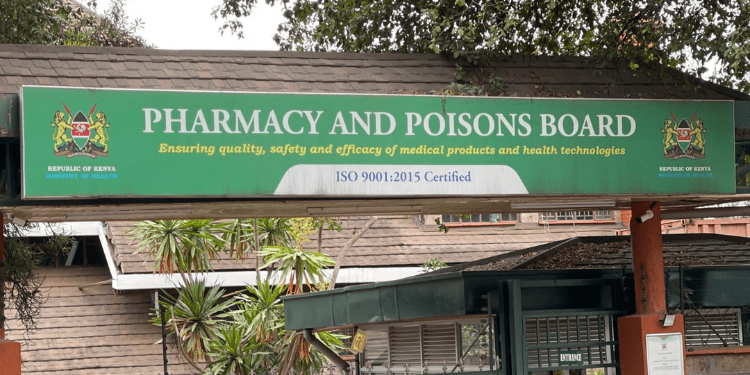
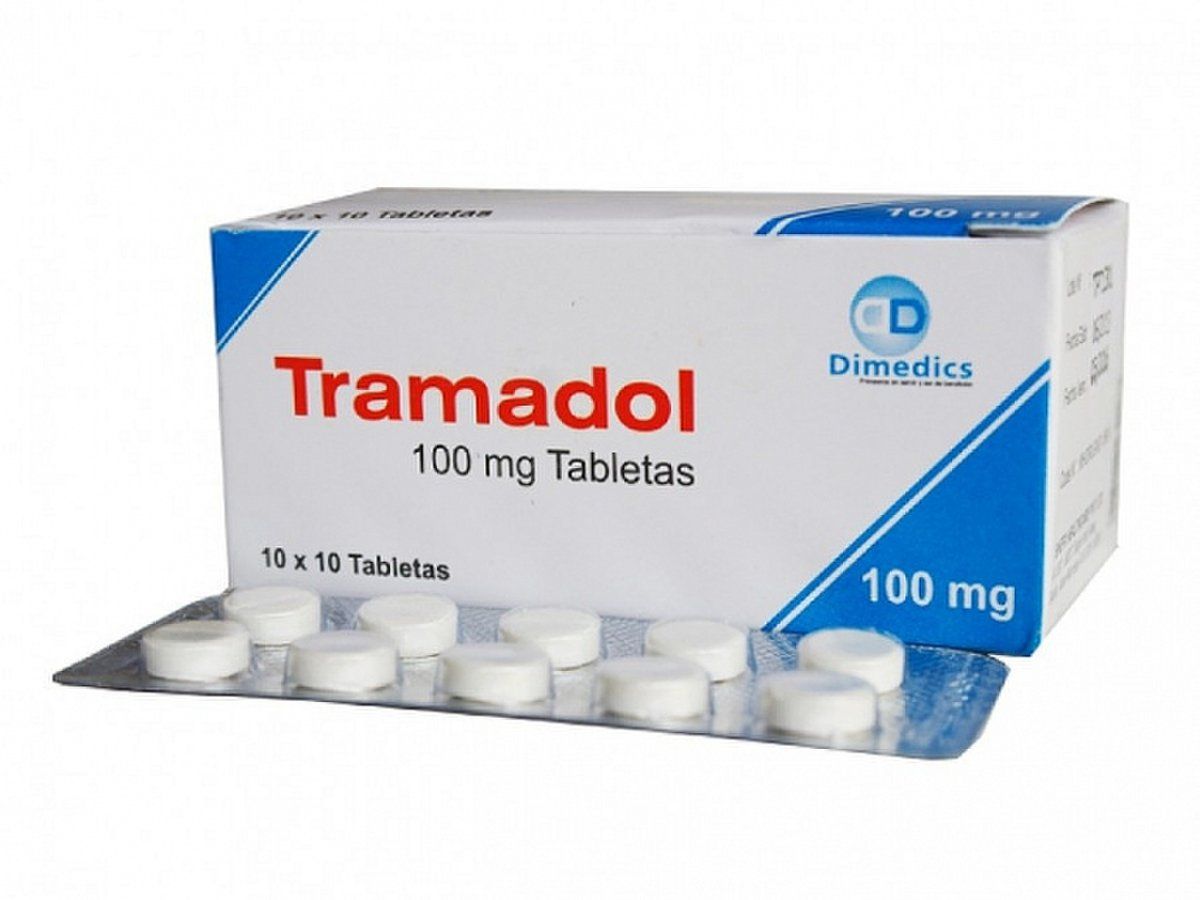
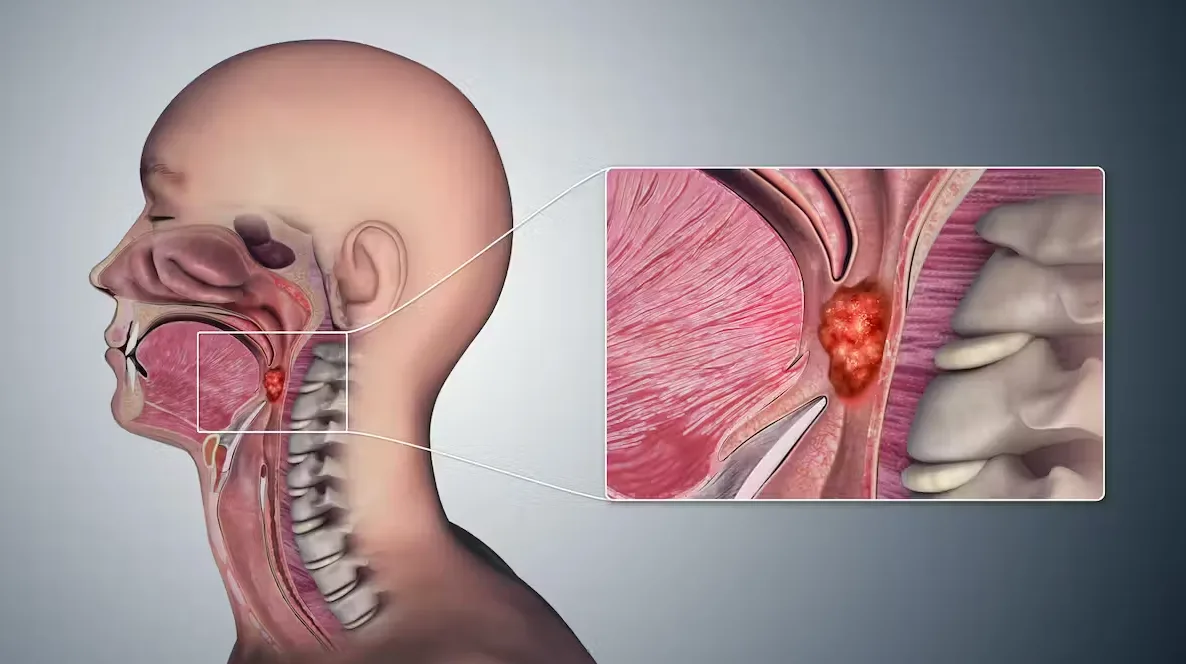

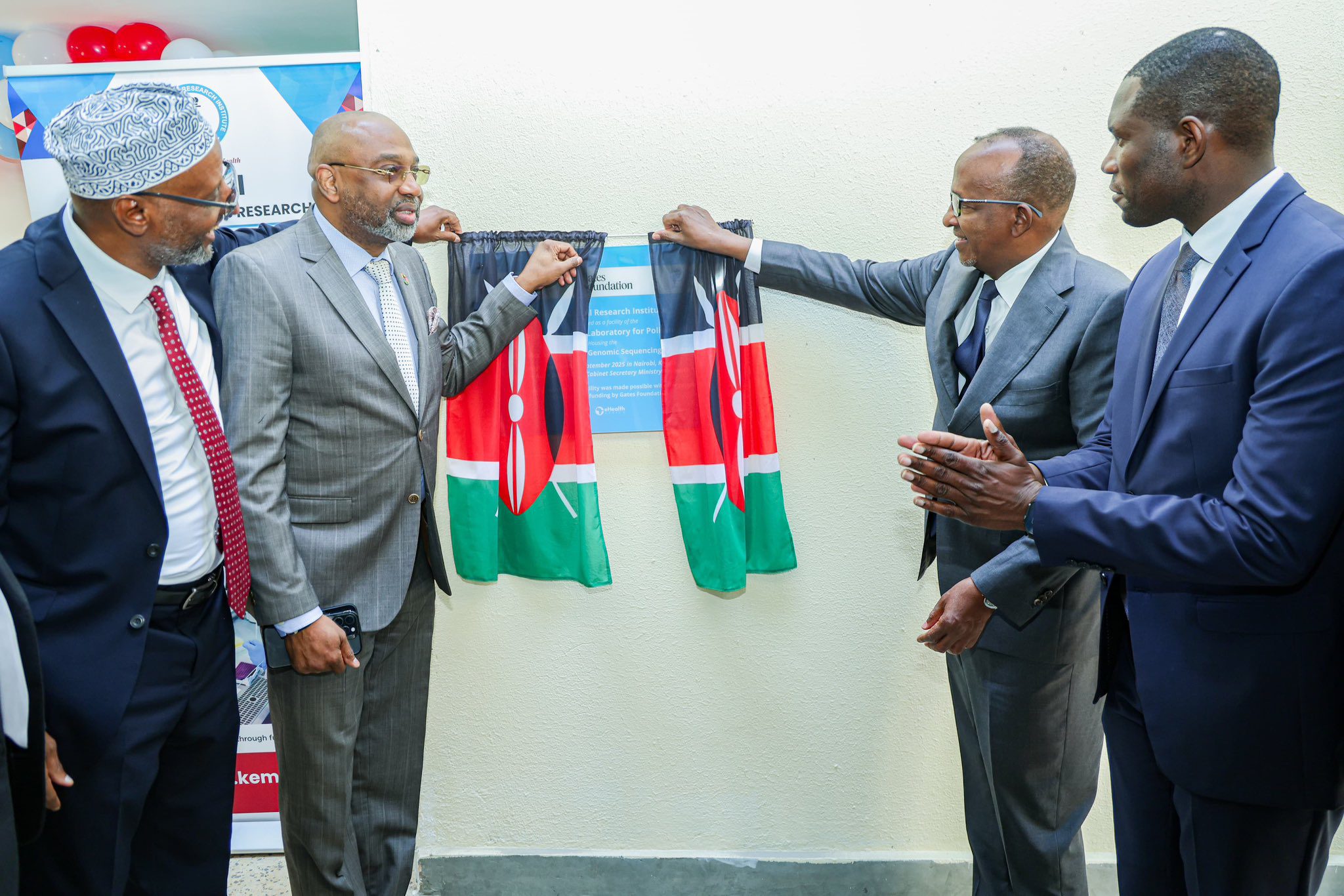

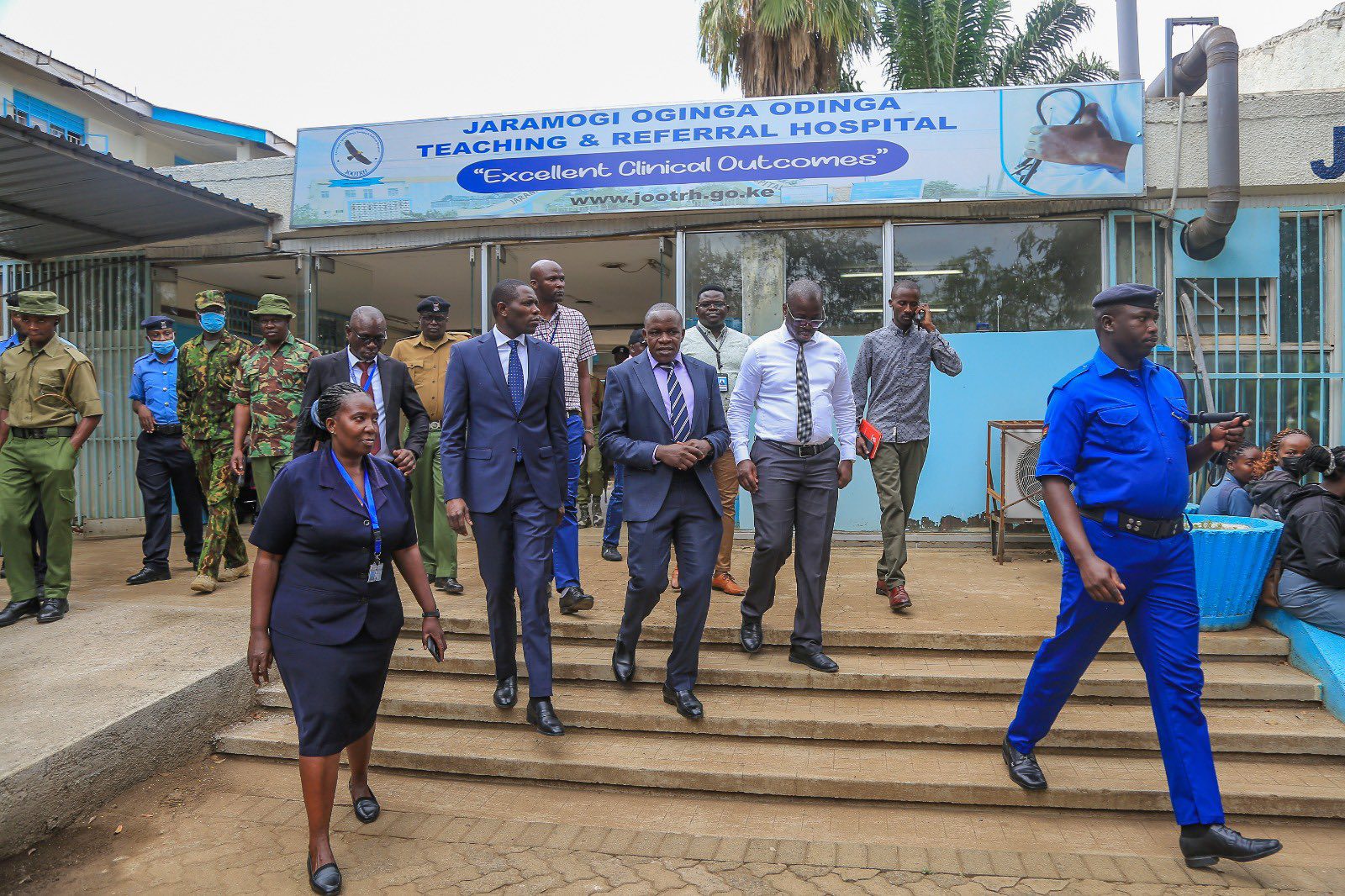
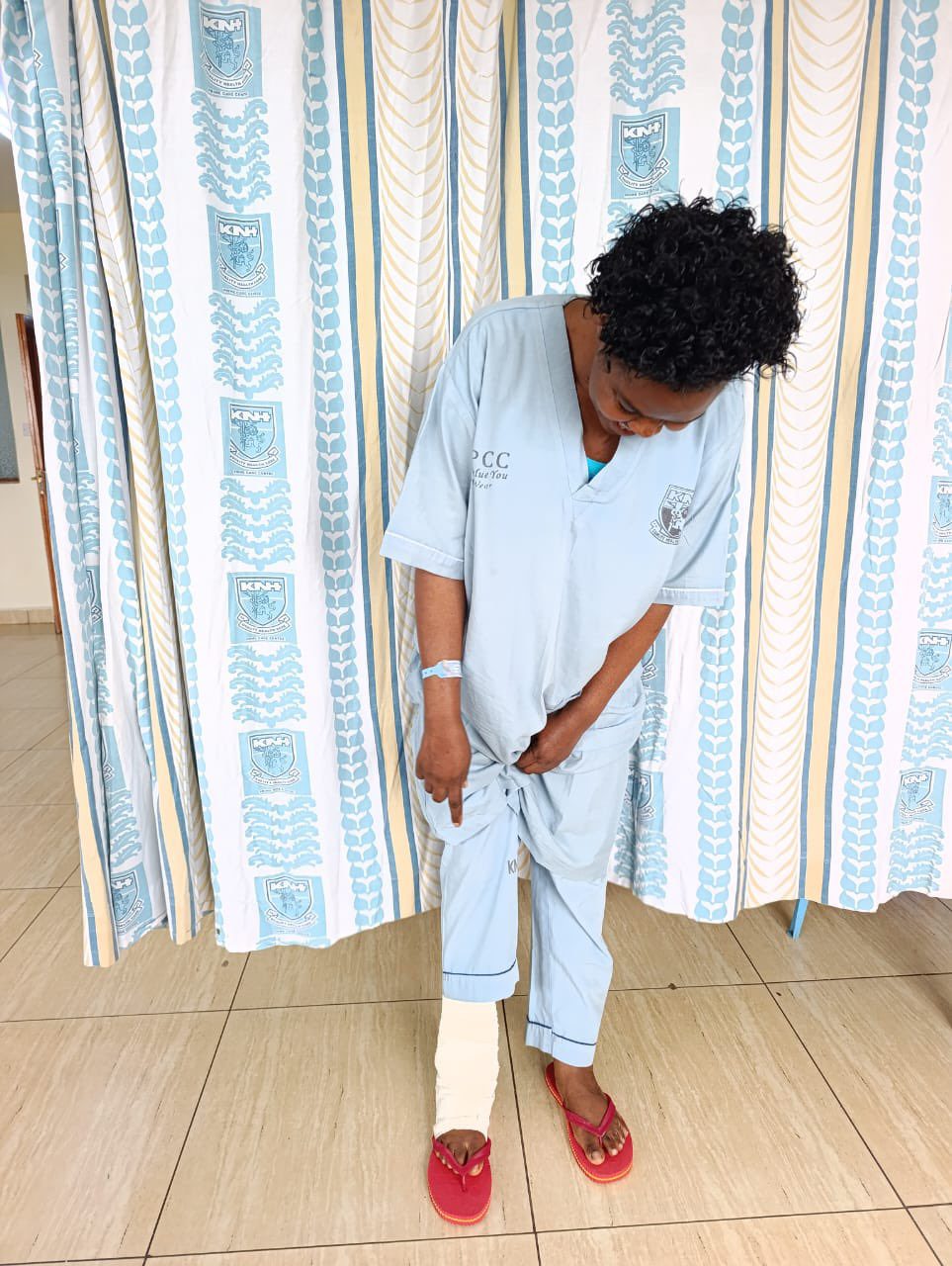
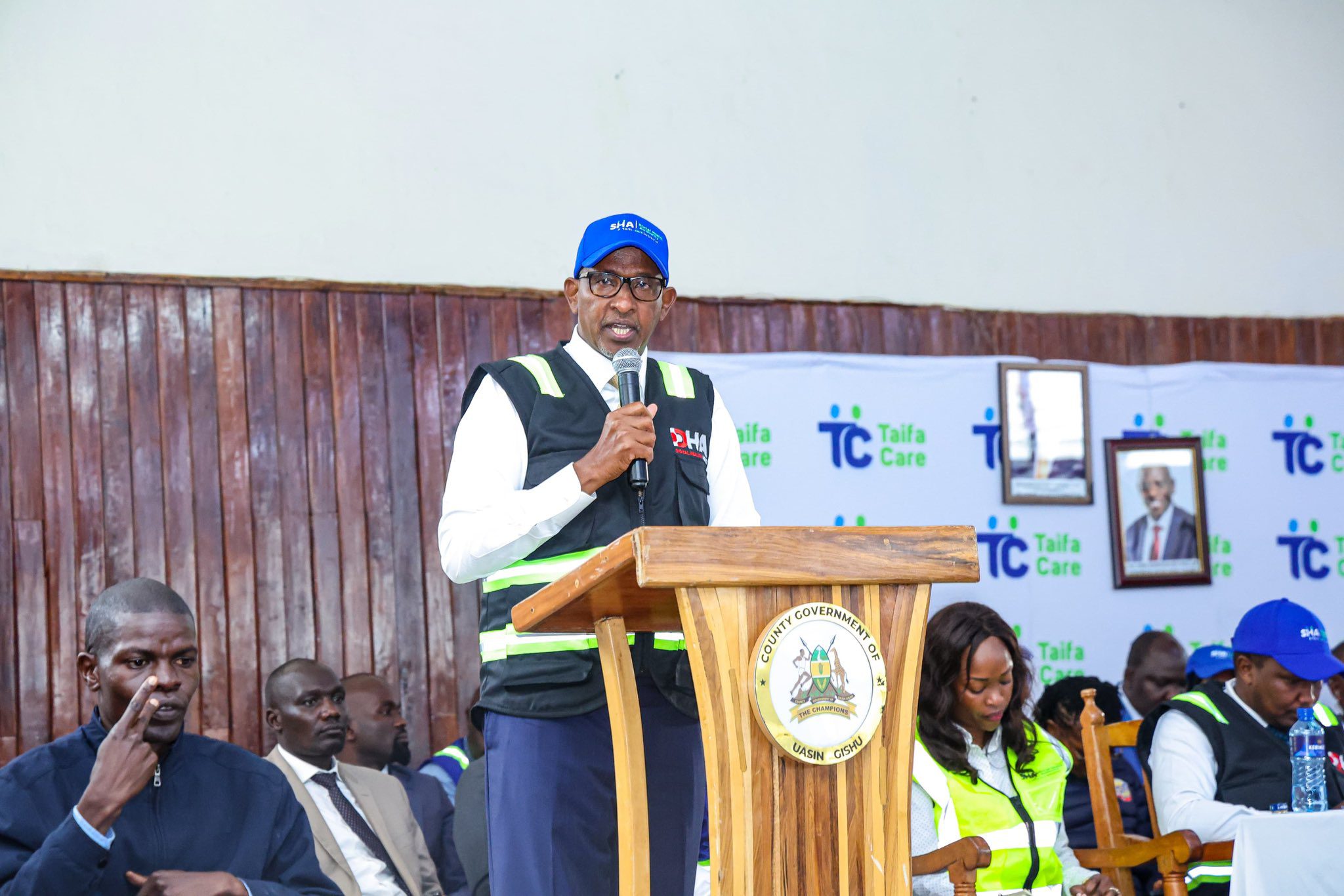


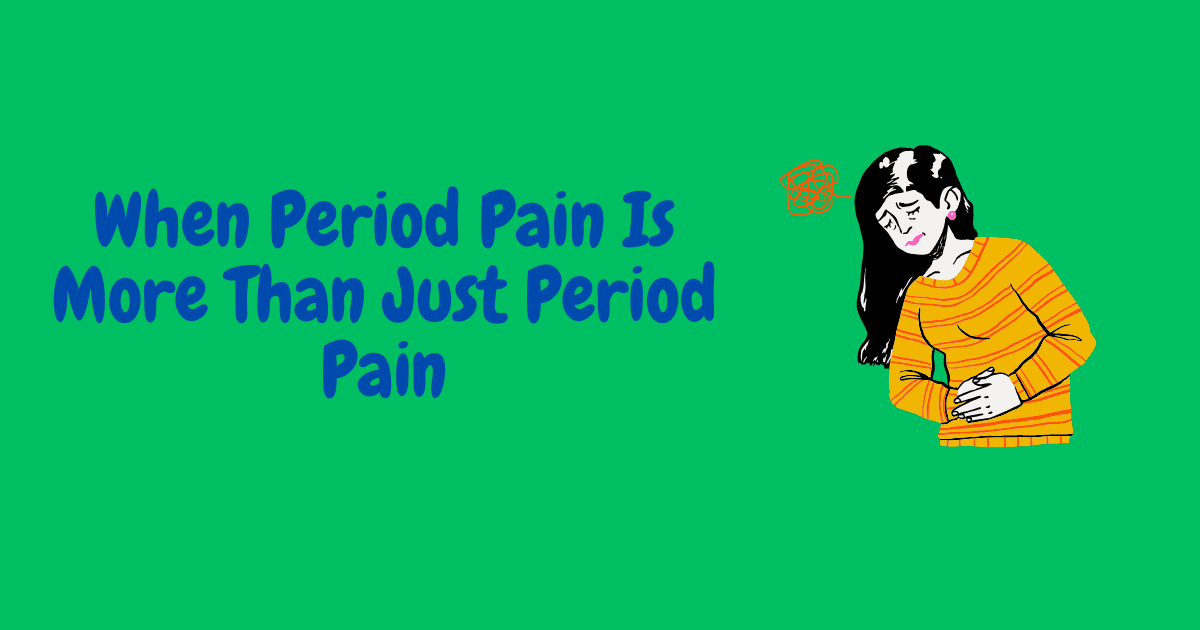
Leave a Reply